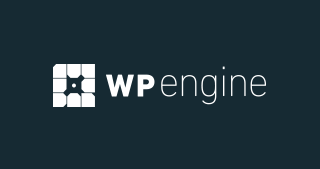The rise of online education has provided millions of people with access to high-quality learning resources, whether for academic purposes, personal growth, or career advancement. Two of the most well-known platforms in this field are Coursera and Khan Academy.
Both platforms offer learners a wide range of courses and materials, but they cater to different audiences and serve different purposes. In this detailed comparison, we will explore how these platforms differ in terms of content, features, pricing, and overall learning experience.
Coursera and Khan Academy have revolutionized the way education is delivered, making learning accessible to people worldwide. Despite their shared mission of democratizing education, they serve different types of learners.
Coursera was founded in 2012 by two Stanford University professors with the vision of bringing university-level courses to the masses.
The platform partners with prestigious universities and organizations to offer professional certificates, specializations, and degree programs in subjects ranging from data science to business management.
Coursera’s courses are designed for those who want to develop advanced skills for career growth, earn recognized certifications, or even pursue a degree online.
Khan Academy, on the other hand, was founded in 2008 by Salman Khan as a nonprofit educational organization. It provides free, high-quality educational resources in subjects such as mathematics, science, economics, and history.
The platform is particularly popular among K-12 students and those preparing for standardized tests like the SAT, but it also caters to lifelong learners who want to build foundational knowledge in a variety of subjects.
Khan Academy’s focus is more on providing free, accessible education to learners of all ages, regardless of their financial background.
In this post, we will explore the strengths and weaknesses of Coursera and Khan Academy in detail to help you decide which platform is best suited to your learning needs.
Overview of Coursera and Khan Academy
Coursera Overview
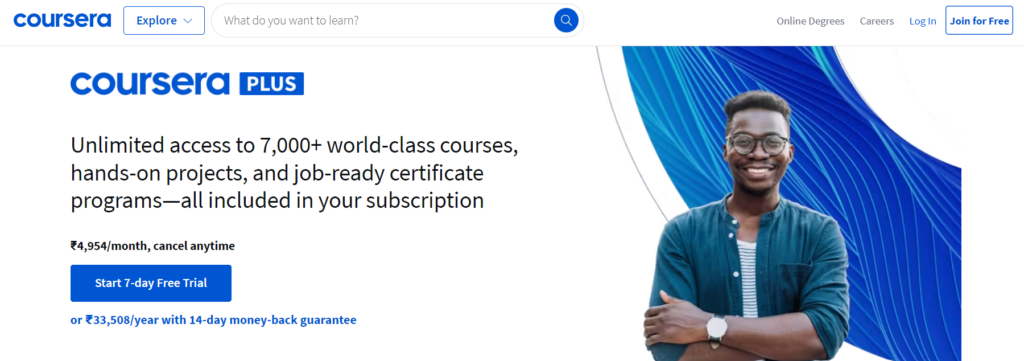
Coursera is a for-profit online learning platform that offers courses, certifications, and degrees in partnership with top universities and companies. With over 7,000 courses, Coursera covers a wide array of topics including technology, business, arts, and health.
Learners can access content from elite institutions like Stanford, Yale, and Google, earning certificates that are recognized by employers globally. Coursera offers both free and paid options, with the paid courses providing a more in-depth and structured learning experience.
Khan Academy Overview
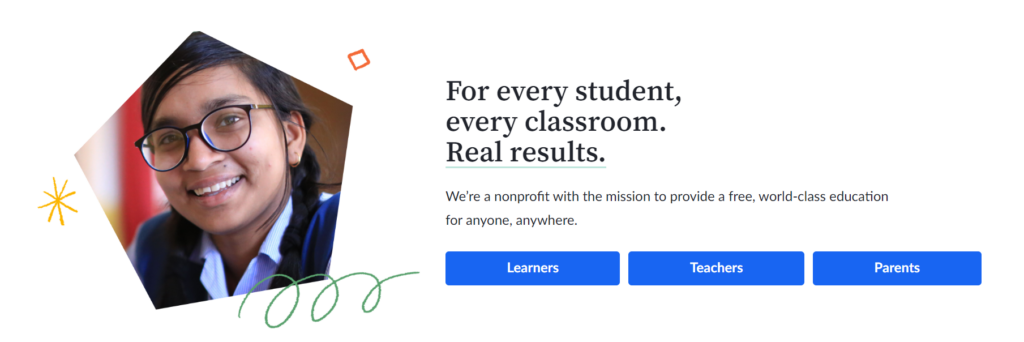
Khan Academy, as a nonprofit, focuses on providing free educational resources to learners worldwide. The platform is especially known for its math tutorials, but it also offers courses in subjects like science, economics, and history.
Khan Academy is primarily aimed at K-12 students and learners who need foundational knowledge in key academic areas. However, it also serves as a valuable resource for adult learners looking to refresh their skills or prepare for exams.
All content on Khan Academy is free, making it an attractive option for learners who are unable to afford paid courses.
Features of Coursera and Khan Academy
Features of Coursera
Coursera’s platform is designed to cater to learners who want a more formal, structured education. Some of the key features include:
1. University and Industry Partnerships

Coursera’s partnerships with top universities and leading companies such as Google, IBM, and Stanford allow it to offer courses that are both academically rigorous and industry-relevant.
This makes Coursera an excellent choice for learners who want to advance their careers or gain specialized skills in areas like data science, machine learning, business management, and public health.
2. Professional Certificates and Degrees
One of Coursera’s standout features is its offering of professional certificates, specializations, and full degree programs.
Learners can take courses that culminate in industry-recognized certificates, or they can enroll in degree programs that are entirely online.
These degrees are accredited by the institutions offering them, making them valuable credentials for career advancement.
3. Specializations and Guided Projects

Coursera offers structured learning paths known as Specializations, which consist of a series of courses that build expertise in a specific area.
For example, learners can complete specializations in fields like digital marketing, data analytics, or project management.
The platform also provides Guided Projects, which allow learners to gain hands-on experience in practical skills, such as coding or design, through short-term projects.
4. Flexible Learning Options
Most Coursera courses are self-paced, allowing learners to study on their own time.
However, some courses, particularly degree programs, have set deadlines and scheduled lectures. This flexibility makes Coursera ideal for learners who want to balance education with work or personal commitments.
5. Accredited University Degrees
Coursera offers accredited university degrees in fields like computer science, business, and health. These degrees are fully online and can be completed at a fraction of the cost of traditional on-campus programs.
Learners can earn bachelor’s and master’s degrees from top universities, which are recognized and respected by employers worldwide.
Features of Khan Academy
Khan Academy is known for its simplicity and accessibility, making it a go-to platform for learners of all ages. Some of the platform’s notable features include:
1. Comprehensive K-12 Curriculum
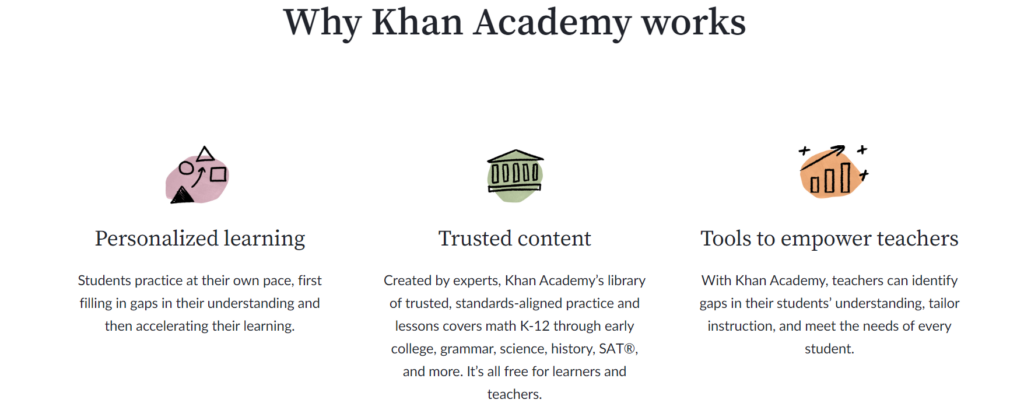
Khan Academy offers a robust selection of educational resources for K-12 students, covering subjects such as math, science, history, and language arts.
The platform’s math content, in particular, is highly regarded for its clarity and depth, making it a valuable resource for students, teachers, and parents alike. Learners can access instructional videos, practice exercises, and quizzes to solidify their understanding of key concepts.
2. Free Access to All Content
One of the most significant advantages of Khan Academy is that all of its content is free.
The platform is committed to making high-quality education accessible to everyone, regardless of financial resources. Learners can access courses and materials at no cost, and there are no hidden fees for advanced features or certifications.
3. Personalized Learning Experience
Khan Academy uses data analytics to provide learners with a personalized learning experience. As learners complete exercises and quizzes, the platform tracks their progress and suggests areas where they need to improve.
This adaptive learning model ensures that learners focus on the skills they need to develop the most.
4. Test Preparation
Khan Academy offers specialized resources for learners preparing for standardized tests, including the SAT, LSAT, and MCAT. The platform provides practice questions, full-length exams, and personalized study plans, making it a valuable tool for students aiming to improve their test scores.
5. Interactive Learning Tools
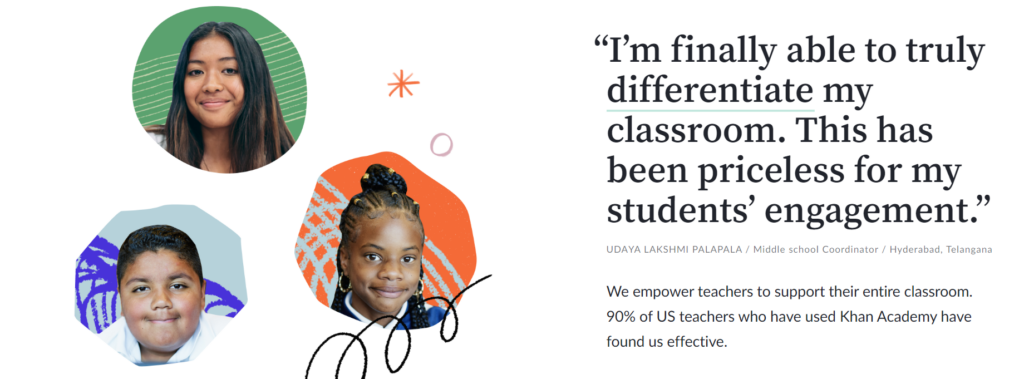
In addition to video lessons, Khan Academy provides interactive exercises and quizzes that reinforce learning.
Learners can test their knowledge as they progress through the material, helping to solidify their understanding of complex subjects. The platform’s simple interface makes it easy for learners to navigate between lessons and exercises.
Pricing of Coursera and Khan Academy :- A Detailed Pricing Comparison for Every Budget
One of the biggest differences between Coursera and Khan Academy is their pricing models. While both platforms offer free content, the paid options on Coursera offer a more structured and recognized learning experience.
Coursera Pricing
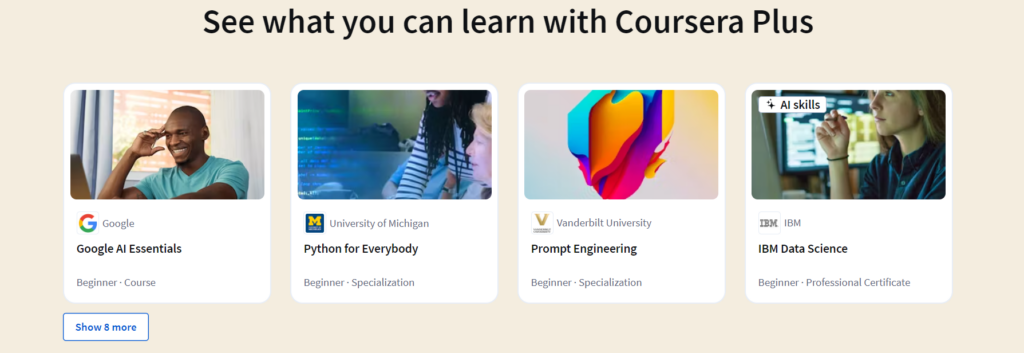
- Free Courses: Many Coursera courses can be audited for free, giving learners access to course materials without earning a certificate.
- Certificates and Specializations: For learners seeking certification, prices typically range from $39 to $99 per course. Specializations, which consist of multiple courses, may cost more depending on the subject.
- Coursera Plus: Coursera offers a subscription plan called Coursera Plus, which provides unlimited access to over 7,000 courses for a flat annual fee of $399. This subscription is ideal for learners who want to explore multiple subjects or earn several certificates.
- Degree Programs: Coursera’s accredited degree programs range in price from $10,000 to $25,000, depending on the institution and the degree. These programs are designed to offer a more affordable alternative to traditional on-campus degrees.
Khan Academy Pricing
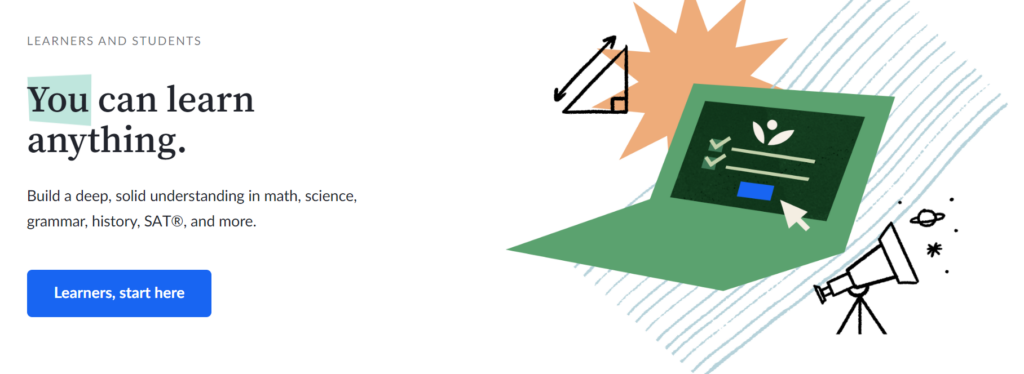
- Completely Free: Khan Academy is entirely free, with no charges for accessing any of the content. The platform is funded through donations and grants, allowing it to provide high-quality education without any financial barriers. Learners can access all video lessons, practice exercises, and test preparation resources without ever having to pay a fee.
FAQs
Can I earn a degree on Coursera and Khan Academy?
You can earn accredited degrees on Coursera, but Khan Academy does not offer any degree programs.
Which platform is better for K-12 education?
Khan Academy is better for K-12 education, offering a comprehensive curriculum in math, science, and other subjects tailored for young learners.
Is all content on Khan Academy free?
Yes, all content on Khan Academy is completely free to access.
Does Coursera offer free courses?
Yes, many Coursera courses are available for free, but you will need to pay for a certificate if you want formal recognition.
Which platform is better for career advancement?
Coursera is better for career advancement due to its professional certificates, specializations, and degree programs.
Conclusion
Choosing between Coursera and Khan Academy ultimately depends on your learning goals and the type of educational experience you’re seeking.
Coursera is best suited for learners who want access to advanced, university-level courses, professional certificates, or accredited degrees.
Its partnerships with top universities and industry leaders make it a strong platform for career-driven individuals who want to gain recognized qualifications and improve their employability.
On the other hand, Khan Academy is ideal for learners who need foundational education, particularly K-12 students or adults looking to build basic knowledge in subjects like math, science, and history.
As a completely free platform, Khan Academy is accessible to everyone, making it a fantastic resource for learners who cannot afford paid courses.
In terms of career advancement, Coursera holds the upper hand due to its formal credentials and industry-recognized certificates.


